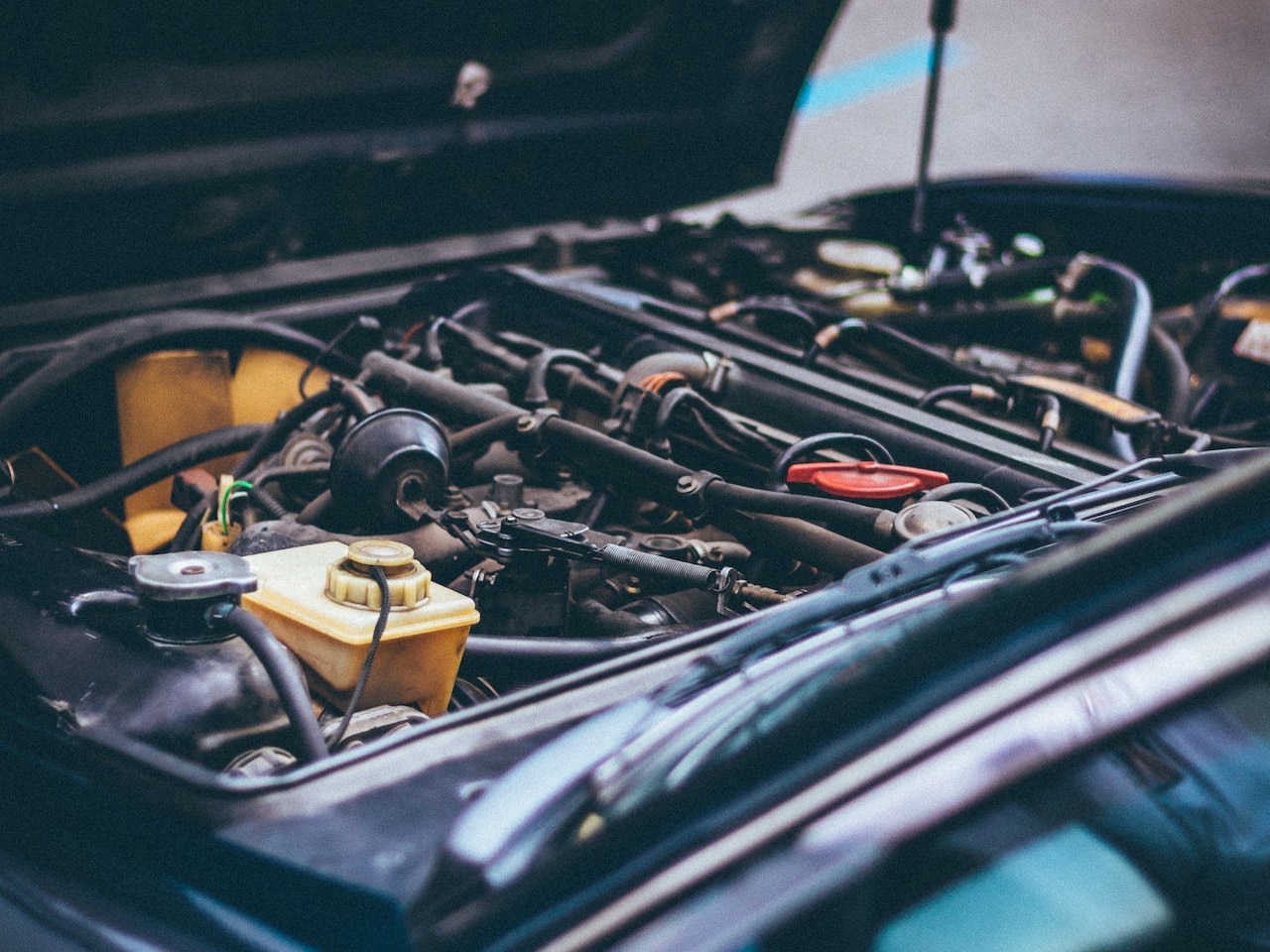
A Guide to Motor Fluids: The 5 Types
Sometimes it's hard for me to remember when it's time to change my oil. Due to the lack of a fancy computer on my vehicle, I have to keep track of mileage the old-fashioned way: by using the window sticker. My oil change mileage still exceeds this sticker by at least a couple hundred miles every year (thank goodness for quality synthetic oil and oil analysis). If I go over my oil change miles, I am sure many others do as well. One of my wife's friends once told me she last changed her oil "a couple of years ago." Oh, boy.
We often forget to change our oil, which is a critical component of our vehicles. As for the rest of the fluids in the vehicle, I can only imagine what they look like. Apart from motor oil, most fluids are kept in the vehicle during the manufacturer's warranty. These fluids are therefore often forgotten by manufacturers and left to the customer's discretion. Listed below are the fluids in your PCMO (Passenger Car Motor Oil) that may require replacement over time.
1. Transmission Fluid: Changing transmission fluid every three years or every 30,000 miles was a tradition in my father's generation. It is possible to go from 30,000 miles to 150,000 miles between transmission fluid changes on today's cars. The specification for each transmission type (e.g. ATF or gear oil) differs. You should contact the manufacturer to find out what product and changeout duration is recommended* for your vehicle.
*These recommendations may vary depending on driving conditions. You may experience decreased mileage when towing, stopping and starting or driving in urban traffic.
2. Differential and Transfer Box** (4x4): In my late teens, I bought a used 4x4 truck with a bone dry (no gear oil) front-end gear box. The truth came to light several months after I was required to come up with $2500.00 for a replacement front-end. Make sure you follow the manufacturer's recommendations** for these fluids.
**If your car is two-wheel drive you will not have a transfer box.
3. Coolant: Yes, you should change your coolant. A change in pH from old coolant can cause corrosion of engine parts and seals. As with everything, check with your manufacturer for recommendations, but most car manufacturers recommend 10 years or 100,000 miles. Warning: Never open a radiator in a hot car. Steam and pressure can build up, causing severe burns.
4. Brake Fluid: Old brake fluid is extremely corrosive to the copper liners in brake lines. Several test kits are available for testing the copper ppm (parts per million) of brake fluid. It will give you an idea of how corrosive your brake fluid is. When your copper ppm climbs above 200 ppm, it is time to change your brake fluid.
5. Power Steering Fluid: Manufacturers can vary on fluid and change intervals, but they can range from 30,000 to never. In some cases, manufacturers may recommend topping off power steering fluid.
Don't wait until your car tells you that it's time to change fluids. There is a possibility that irreversible damage could be done at that point. There are many variables that affect a vehicle's fluids, so you should always check the manufacturer's recommendations. Keeping a small notebook or service record in your glove box will allow you to keep track of all fluid changes and their corresponding dates and mileage. When someone asks how long it has been since you last changed your oil, you have a better answer than "a couple of years."


 SHOP NOW
SHOP NOW